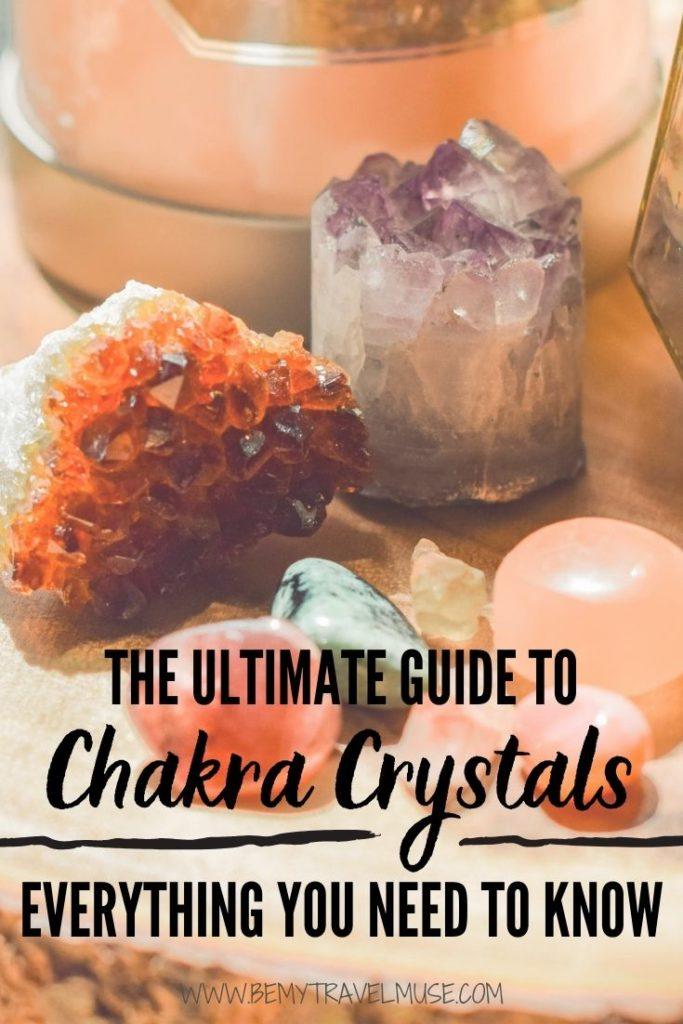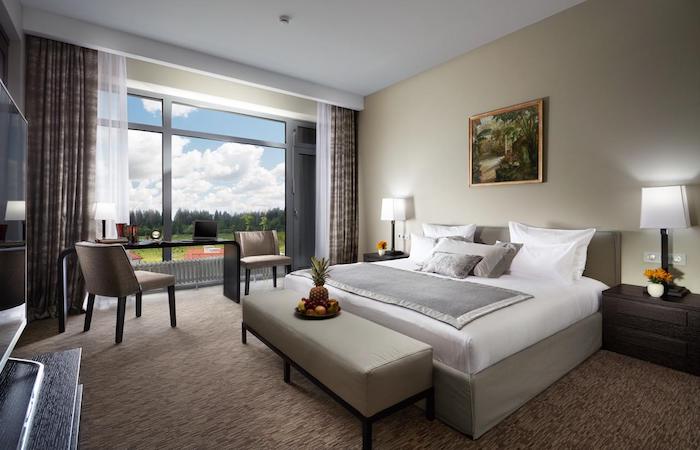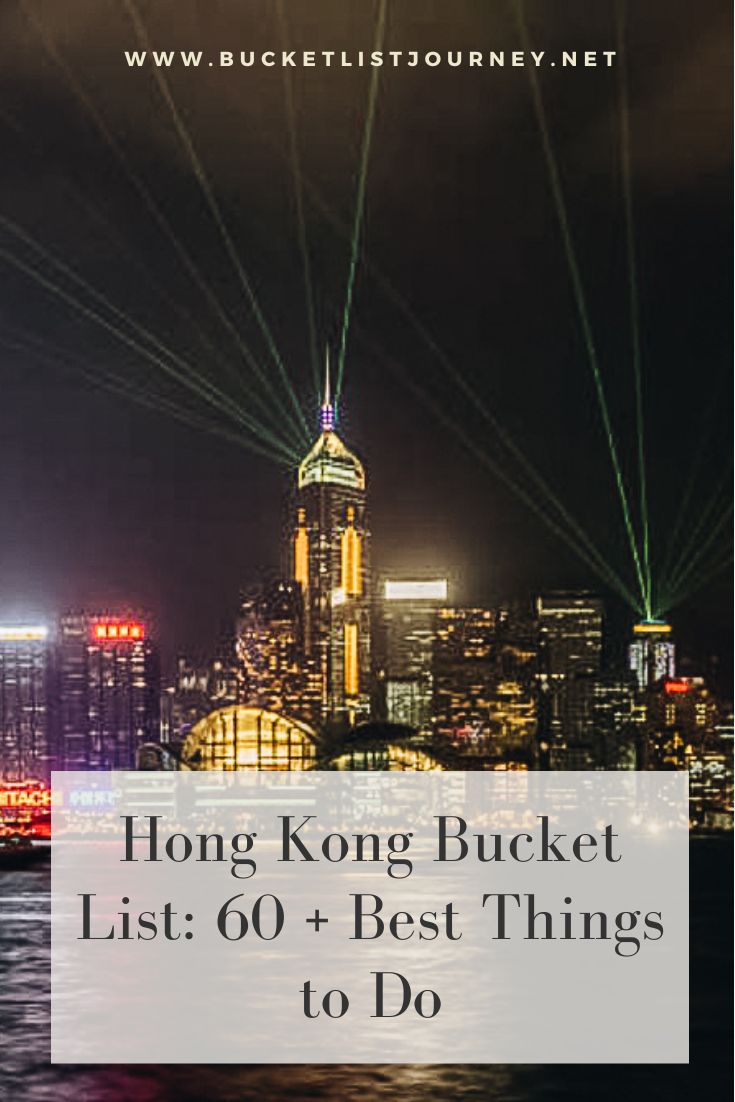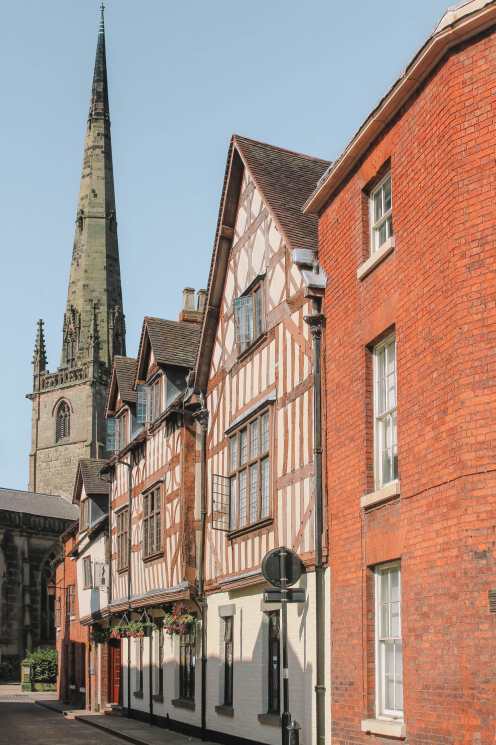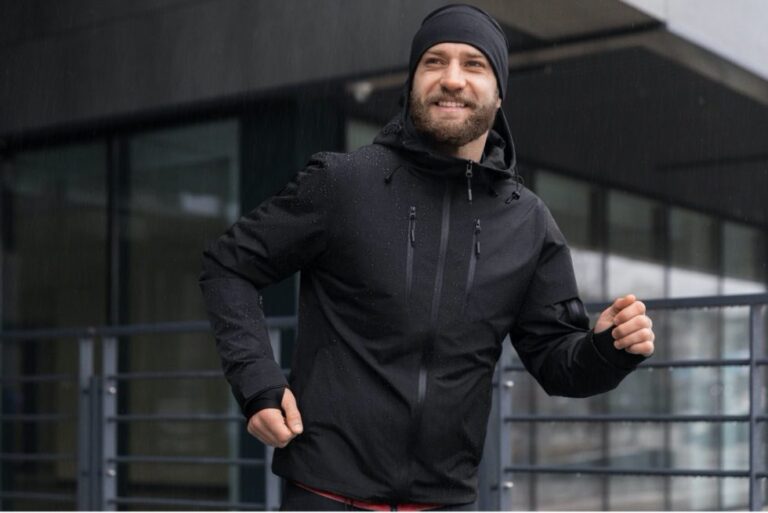You might be surprised at how many organizations there are around the world that seek to empower women. Whether it’s teaching women how to master technical skills, grow their own food, or become financially independent, there are so many opportunities to learn about how the amazing work these organizations are doing.
Click to read more posts about
I know that learning a new language might seem like a daunting task, but even just learning basic greetings is such a great way to connect with people anywhere. Learning languages has been a life changing process for me, and I encourage anyone to give it a try.
15. Buy directly from female artisans
Booking a tour is always a great way to learn more about the place you are visiting. To support female tour guides, I recommend diligently making sure the company has women-led tours and that you are able to book one of them.
Especially when buying from women, take into account the quality of the item you want to buy. Also consider whether or not it is handmade and how likely it is that the woman selling it to you is the artisan herself. From there, if it’s appropriate to haggle, do so without going too low. If you are asking for the lowest-possible price, you’re essentially telling her that you believe her item is worth that much. Always keep that in mind.
If you are into live music, take a look around for band posters around town before choosing somewhere to go. You might be able to find female-led bands or musicians playing shows around town. Even if the style of music isn’t your cup of tea, there’s something really fun about seeing a band of badass women on a stage doing their thing.
14. Look specifically for woman-owned businesses
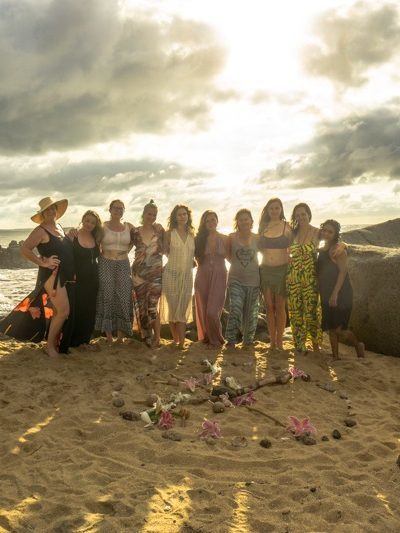
This post was written by Emily Becker, our resident writer based in Mexico with a background in nonprofit work all over the world.
Trans women, queer women, and anybody else who identifies as a woman are women. Understanding the unique challenges that these women face are just as important as being aware of the struggles of women around the world as a whole.
Before you travel, do a couple searches and see what women’s empowerment organizations are working in the area. If they have social media, that is a great way to reach out and see if you can stop in for a visit or tour. Some organizations might even need volunteers for a day or two, which would be a great way to support!
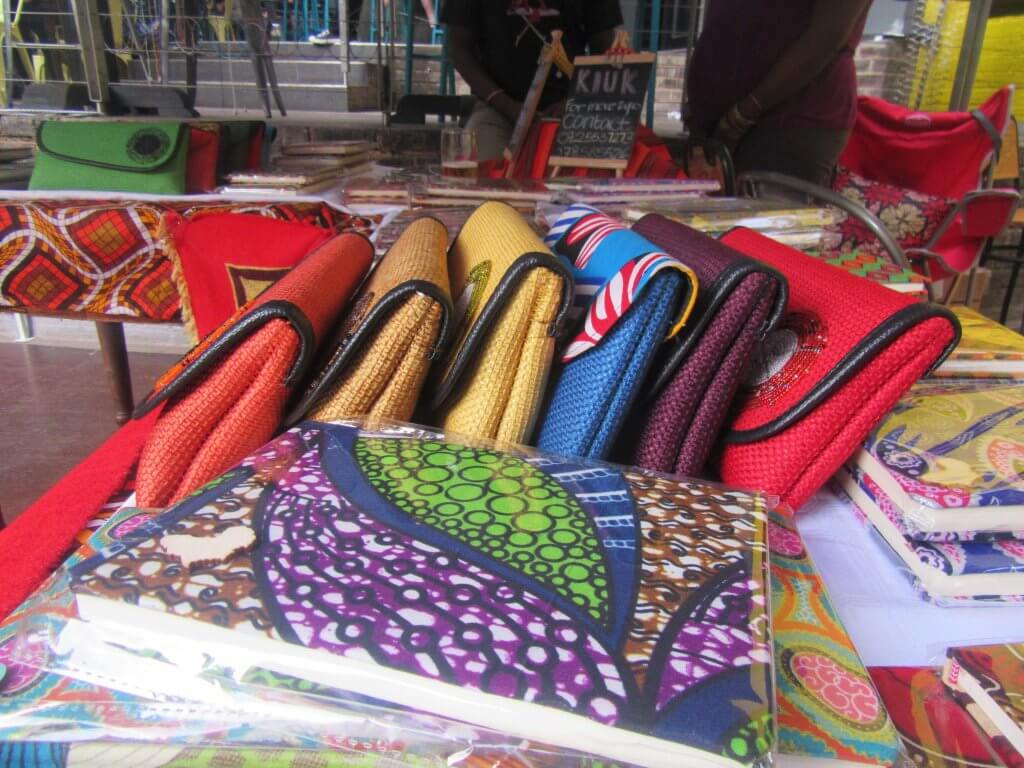
13. Stay in locally-owned accommodation
I’ve found some really amazing local female-owned bookstores in unexpected places. In those bookstores, I’ve been able to find texts that would be difficult to find elsewhere and in them, a wealth of knowledge on the female experience. If you can find bookstores like that, see what you can discover there!
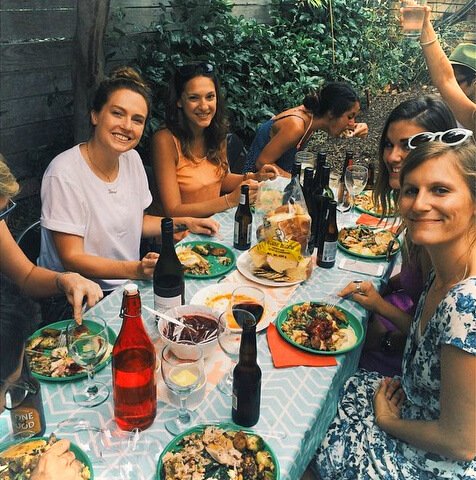
12. Book a tour with a female guide
Another way to support women with your accommodation choice is to book through Airbnb, looking specifically for female hosts. Because of the site’s format, you can see if your host is a woman just by looking at their picture and checking out their profile. This makes it so much easier to choose female-owned accommodation.
I want to preface this with the fact that it is often illegal for foreigners to participate in local demonstrations and political protests. Take from that what you will, but also keep in mind that it is still possible to show solidarity safely if there is something going on where you’re traveling.
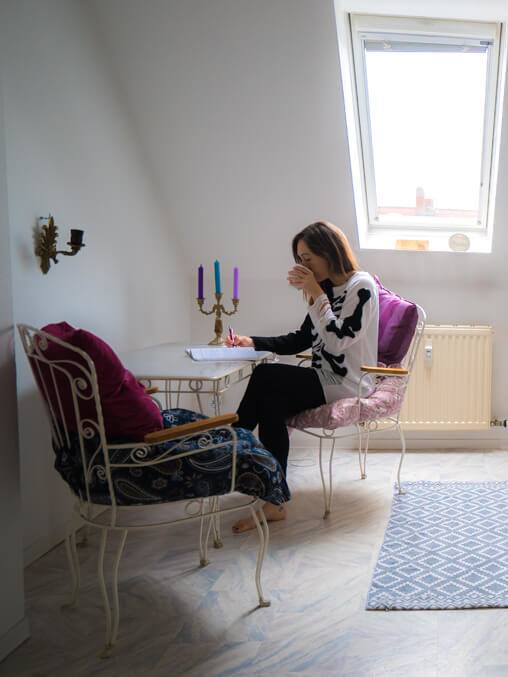
11. Visit a women’s cooperative
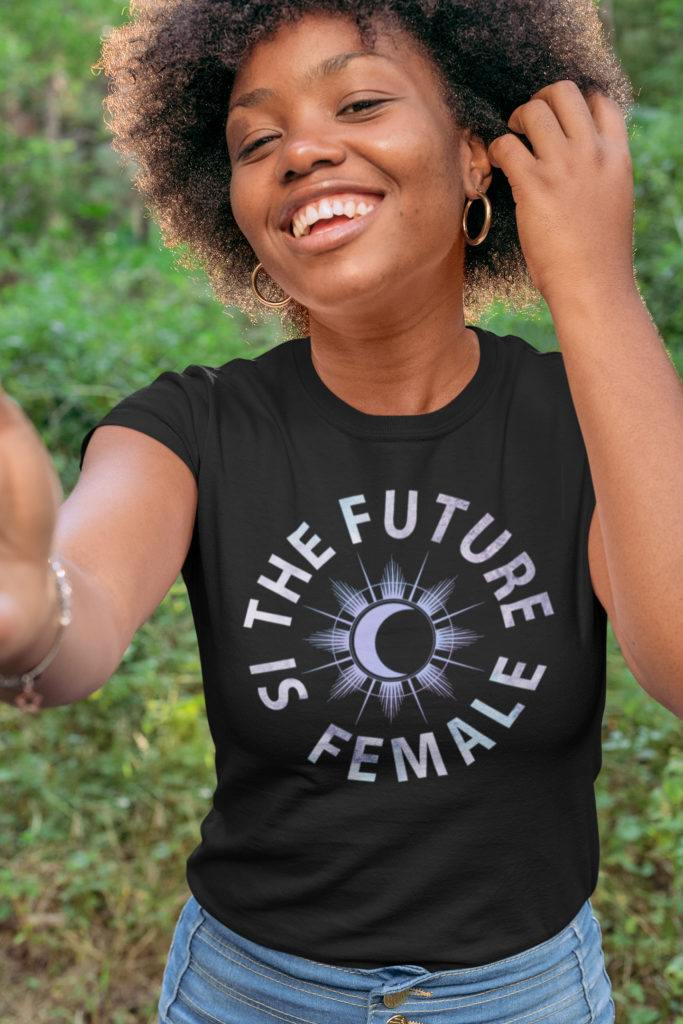
When visiting cooperatives, women’s organizations, or really anywhere, remember that not everyone wants their picture taken. Especially if you are in a sacred space, a place of worship, or someone’s home, always ask before taking out your camera or smartphone and snapping away.
These are just a few ways to support women, wherever you travel. As you can see, supporting local women can be done in so many different ways, no matter what your budget is. Beyond any one of these suggestions, I think a bit of kindness really goes a long way, especially when we’re travelling.
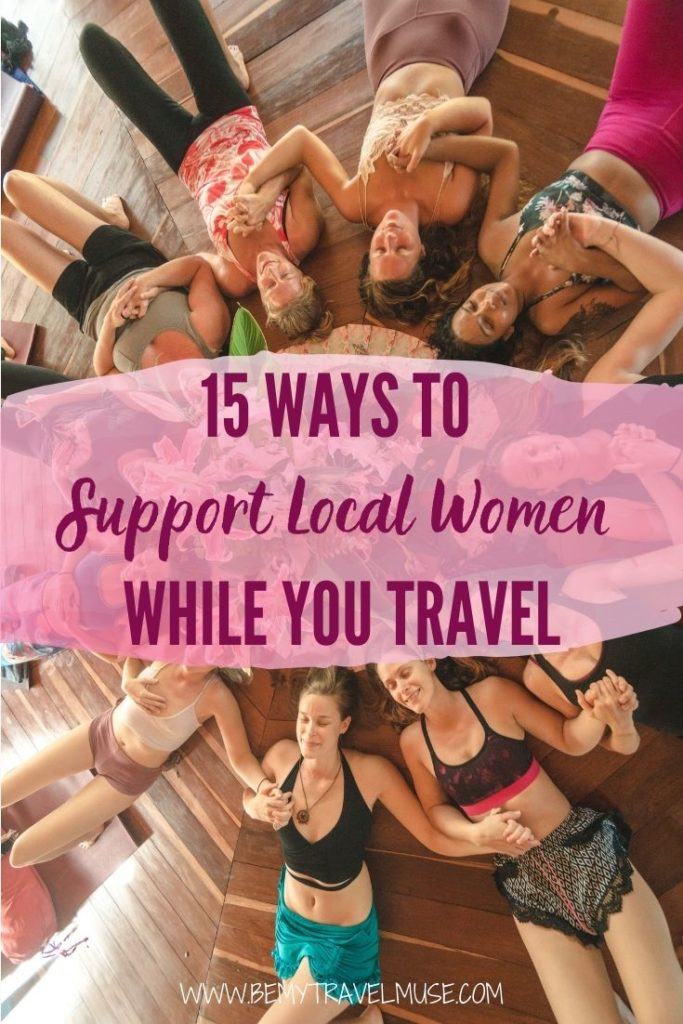
10. Go see a women band or musician performance
Especially during Women’s Month in March, you will likely hear about marches happening. In Latin America, for example, there are feminist marches just about anywhere during March and other times of year. Marching alongside women is a choice that is entirely your own, but definitely comes with risks.
The stories you tell to your communities at home might fall on deaf ears and that’s okay. If not, that story you told about Doña Maria from the bakery and her amazing family might just make someone you know want to travel and explore. I truly believe that sharing the stories of the women we meet adds value to their experience and shows we care.
9. Seek out empowerment organizations
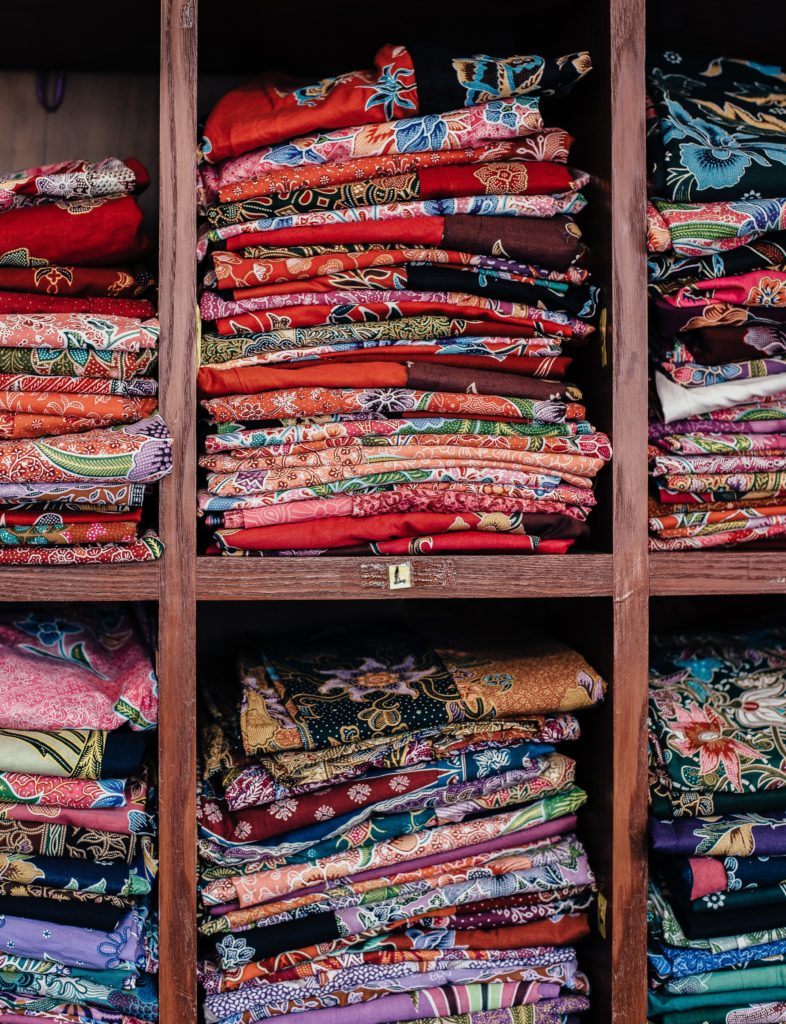
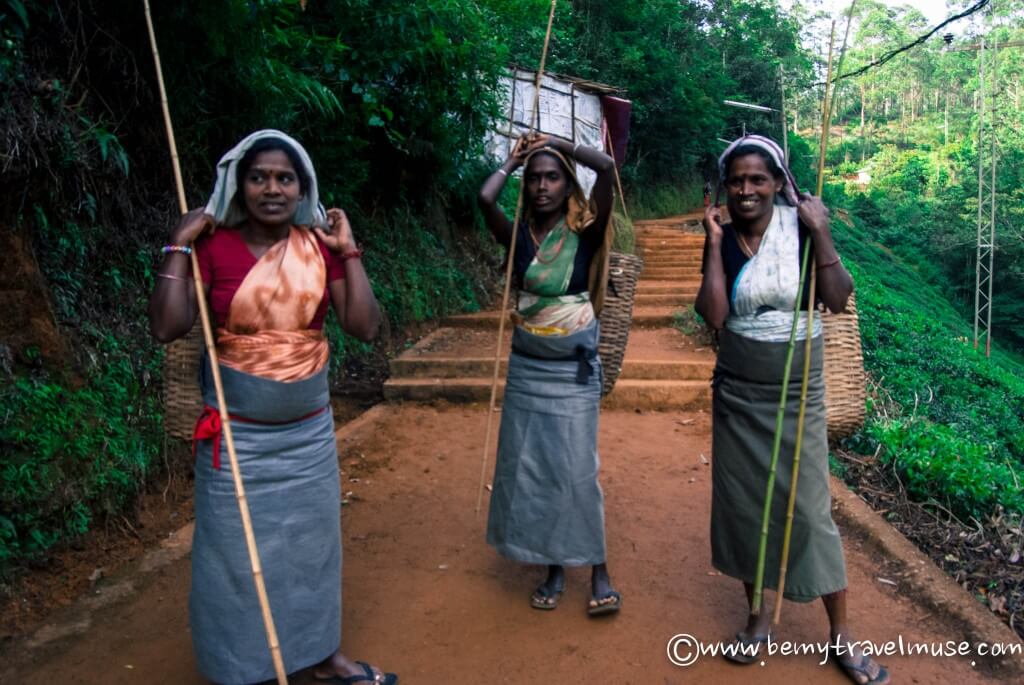
8. Learn a bit of the local language
You may also be able to find orchestras or other local music performances that are mostly comprised of women. Even if that isn’t the case, some of these groups might actually have ties to organizations that specifically work with women and girls, so take a peep at their website to see.
One of the most impactful things you can do for yourself and those around you is tell your stories. If you learned something incredible about the women you met during your travels, don’t hesitate to share that with your friends and family.
Anywhere you go, different kinds of women are impacted differently in their home country. As you’re reading up on women’s history, consider who the author is and what identities they hold. For example, a Spanish man writing about Mexican history is going to have a completely different version of how things went than an indigenous woman.
7. Engage in meaningful conversation with local women
For some inspiration, check out this article in the Guardian which gives some awesome examples of female-owned businesses around the world.
So what does this mean as travelers? It simply means that all the points mentioned above apply to our LGBTQ+ family just as much as it does to any women we meet while traveling.
Because it’s Women’s History Month, I wanted to share some ways to support women specifically while you’re travelling:
6. Haggle respectfully
This might seem like a no-brainer, but it’s actually not as simple as it seems. I’ve found that if I want to engage meaningfully with local women where I’m traveling, it takes a genuine effort. Depending on the local culture, your language skills, and the community’s relationship with tourism, this might be ridiculously easy or pretty hard.
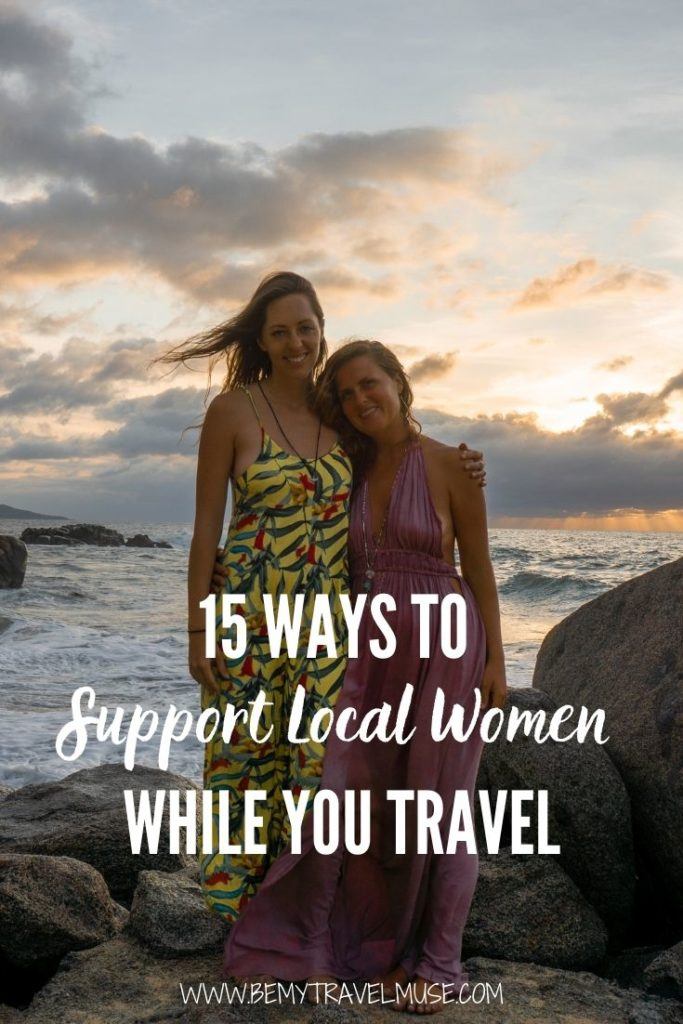
5. Ask permission before snapping pictures
Even if the tour you book is free, having a female guide is still hugely important. Oftentimes guides on free tours accept tips, giving you the opportunity to support your guide directly. It’s also a great opportunity to ask questions and engage meaningfully with a local woman to gain her perspective.
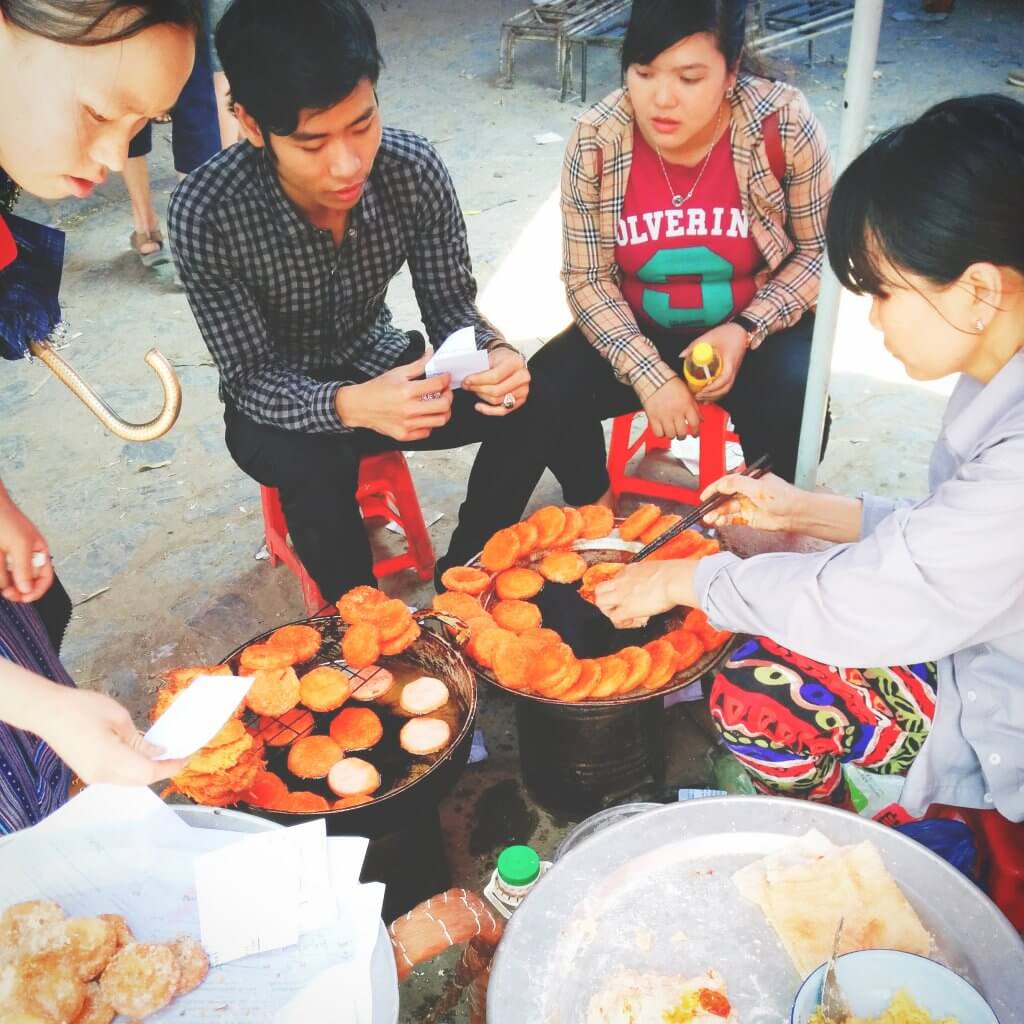
If you want to show solidarity, I recommend looking into where the march will be starting, ending, and passing through along the way. If a march were to turn violent for any reason, it would most likely happen at the end. Keeping that in mind, if you want to show your support from the sidelines, find a spot along the route to stand. If you make a sign showing your support, great. If you want to simply watch and observe, that’s fine too.
4. Get familiar with women’s history
Anywhere you go, you are sure to find some amazing women doing incredible things. It’s just a fact. I am always blown away at how much there is to learn from women around the world and how much power there is in their wisdom.
Especially when buying textiles, one way to tell if something was handmade is by looking for the human error in the piece. I know, you might be surprised to hear someone recommend looking for something that isn’t perfect, but hear me out. It’s easy to flip over a textile that has been embroidered (a shirt, for example) and see that the inside looks a little messier than if it were to be made with a machine. That’s a sure sign that a female artisan made it by hand.
In bars, look out for posters around the bathrooms with female-empowering messages. I know, it might sound strange. I’ve found that places that have allowed women to put up anti-harassment posters tend to feel safer and more female-friendly. Maybe you won’t know if a woman is in charge, but at least there is some kind of support and effort made to be inclusive.
3. Show solidarity with local women’s movements
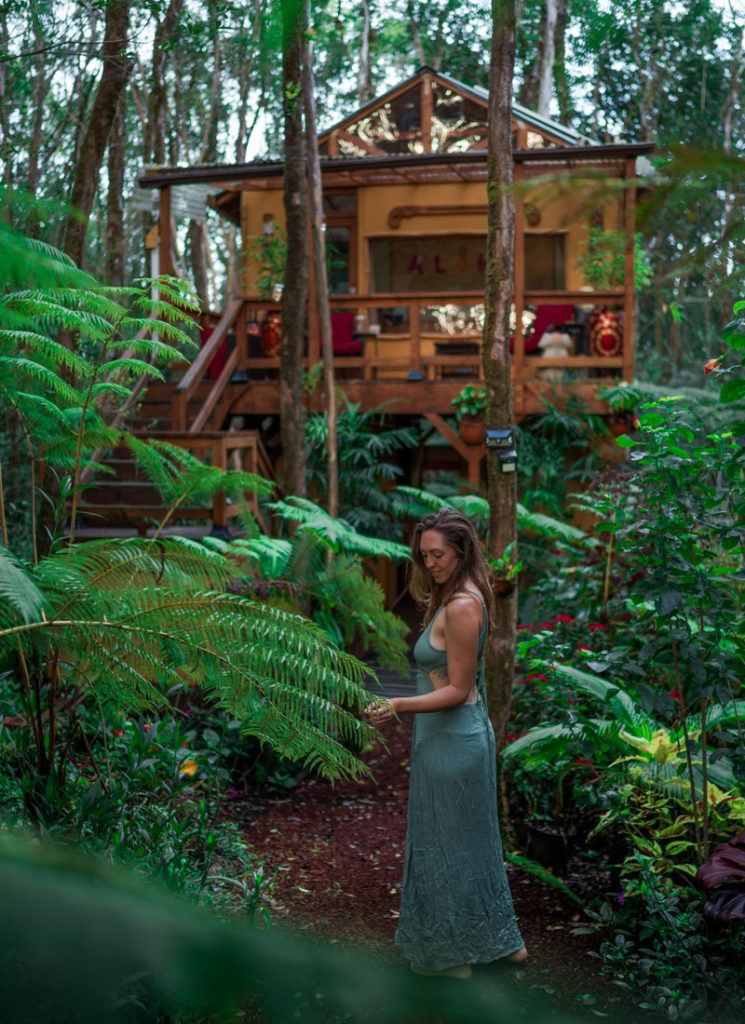
You might be wondering, How do I know if a business is woman-owned? it’s possible! The simplest way is to choose a food stall where a woman is cooking. You can find mostly women cooking at large markets all over Asia and many other parts of the world. In Mexico, for example, eating at a market stall means that 99% of the time a woman is running the show.
Socially conscious tours will often include a visit to a female-led cooperative, so make sure to check out your tour itinerary to see if you’ll be visiting one. These can range from microfinance projects to agricultural projects, to handicrafts, and everything in between.
2. Tell others about your experience when you get home
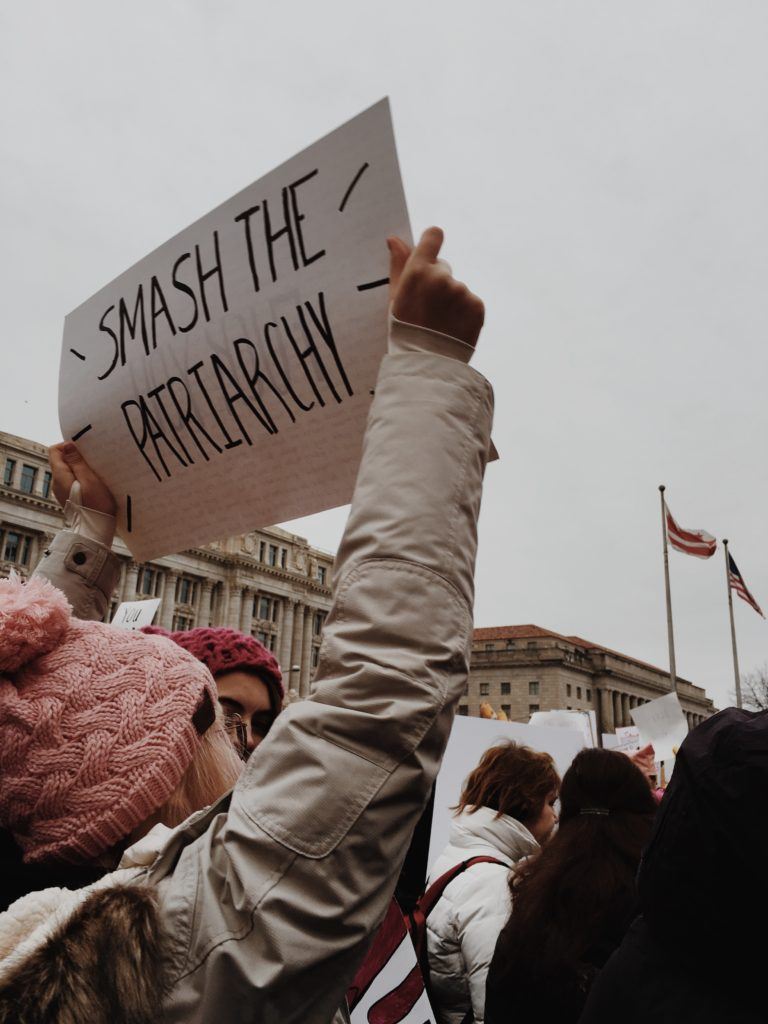
If not, do some research before your trip to see what cooperatives exist. A simple search will likely yield some results.
However it happens doesn’t necessarily matter as much as the intention you put behind trying to understand someone whose life has been different from yours. Ask questions respectfully, listen compassionately, and never make assumptions.
1. Don’t limit your support to just cis-het women
In many places in the world, a woman’s gender or sexual identity can put her at risk. Femicide, domestic violence, and other forms of abuse are far more likely to happen to LGBTQ+ women, especially trans women. With that in mind, it’s not enough to simply “tolerate” non cisgendered, non heteronormative women. We must celebrate, appreciate, validate, and protect them.
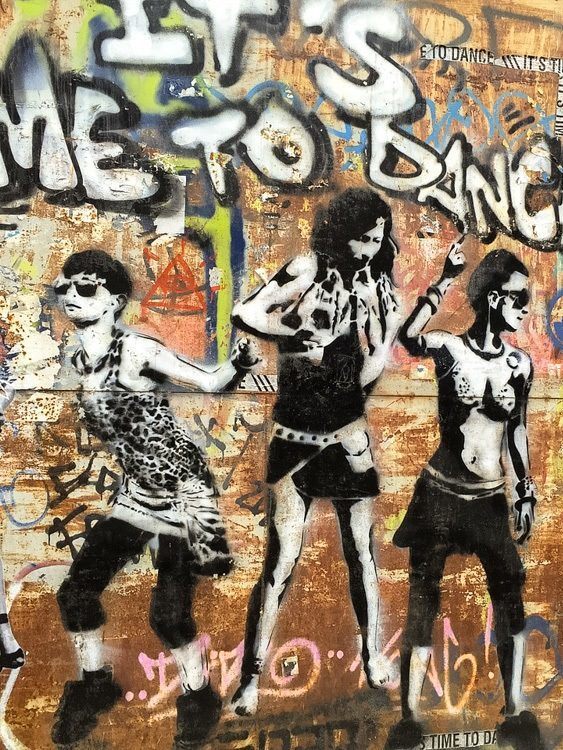
It might be tempting to immediately want to capture a moment. Imagine you’re at a cooperative and a woman is weaving a magical tapestry right before your eyes. It’s amazing! You should still ask her if you can take her photo.
This one is probably the easiest way to support local women directly and effectively. Depending on where you’re traveling, it might be easier or more difficult to know whether or not you’re buying directly from the source.
All around the world, woman are organizing cooperatives designed to empower one another socially and economically. These cooperatives allow women to have control of the ins and outs of their businesses and can be incredibly uplifting. Being able to purchase your souvenirs from a cooperative is a another great way to engage with the artisans themselves.
span,.formkit-form[data-uid=”ff60a8d270″] .formkit-submit:hover > span,.formkit-form[data-uid=”ff60a8d270″] .formkit-button:focus > span,.formkit-form[data-uid=”ff60a8d270″] .formkit-submit:focus > span{background-color:rgba(0,0,0,0.1);}.formkit-form[data-uid=”ff60a8d270″] .formkit-button > span,.formkit-form[data-uid=”ff60a8d270″] .formkit-submit > span{display:block;-webkit-transition:all 300ms ease-in-out;transition:all 300ms ease-in-out;padding:12px 24px;}.formkit-form[data-uid=”ff60a8d270″] .formkit-input{background:#ffffff;font-size:15px;padding:12px;border:1px solid #e3e3e3;-webkit-flex:1 0 auto;-ms-flex:1 0 auto;flex:1 0 auto;line-height:1.4;margin:0;-webkit-transition:border-color ease-out 300ms;transition:border-color ease-out 300ms;}.formkit-form[data-uid=”ff60a8d270″] .formkit-input:focus{outline:none;border-color:#1677be;-webkit-transition:border-color ease 300ms;transition:border-color ease 300ms;}.formkit-form[data-uid=”ff60a8d270″] .formkit-input::-webkit-input-placeholder{color:inherit;opacity:0.8;}.formkit-form[data-uid=”ff60a8d270″] .formkit-input::-moz-placeholder{color:inherit;opacity:0.8;}.formkit-form[data-uid=”ff60a8d270″] .formkit-input:-ms-input-placeholder{color:inherit;opacity:0.8;}.formkit-form[data-uid=”ff60a8d270″] .formkit-input::placeholder{color:inherit;opacity:0.8;}.formkit-form[data-uid=”ff60a8d270″] [data-group=”dropdown”]{position:relative;display:inline-block;width:100%;}.formkit-form[data-uid=”ff60a8d270″] [data-group=”dropdown”]::before{content:””;top:calc(50% – 2.5px);right:10px;position:absolute;pointer-events:none;border-color:#4f4f4f transparent transparent transparent;border-style:solid;border-width:6px 6px 0 6px;height:0;width:0;z-index:999;}.formkit-form[data-uid=”ff60a8d270″] [data-group=”dropdown”] select{height:auto;width:100%;cursor:pointer;color:#333333;line-height:1.4;margin-bottom:0;padding:0 6px;-webkit-appearance:none;-moz-appearance:none;appearance:none;font-size:15px;padding:12px;padding-right:25px;border:1px solid #e3e3e3;background:#ffffff;}.formkit-form[data-uid=”ff60a8d270″] [data-group=”dropdown”] select:focus{outline:none;}.formkit-form[data-uid=”ff60a8d270″] [data-group=”checkboxes”]{text-align:left;margin:0;}.formkit-form[data-uid=”ff60a8d270″] [data-group=”checkboxes”] [data-group=”checkbox”]{margin-bottom:10px;}.formkit-form[data-uid=”ff60a8d270″] [data-group=”checkboxes”] [data-group=”checkbox”] *{cursor:pointer;}.formkit-form[data-uid=”ff60a8d270″] [data-group=”checkboxes”] [data-group=”checkbox”]:last-of-type{margin-bottom:0;}.formkit-form[data-uid=”ff60a8d270″] [data-group=”checkboxes”] [data-group=”checkbox”] input[type=”checkbox”]{display:none;}.formkit-form[data-uid=”ff60a8d270″] [data-group=”checkboxes”] [data-group=”checkbox”] input[type=”checkbox”] + label::after{content:none;}.formkit-form[data-uid=”ff60a8d270″] [data-group=”checkboxes”] [data-group=”checkbox”] input[type=”checkbox”]:checked + label::after{border-color:#ffffff;content:””;}.formkit-form[data-uid=”ff60a8d270″] [data-group=”checkboxes”] [data-group=”checkbox”] input[type=”checkbox”]:checked + label::before{background:#10bf7a;border-color:#10bf7a;}.formkit-form[data-uid=”ff60a8d270″] [data-group=”checkboxes”] [data-group=”checkbox”] label{position:relative;display:inline-block;padding-left:28px;}.formkit-form[data-uid=”ff60a8d270″] [data-group=”checkboxes”] [data-group=”checkbox”] label::before,.formkit-form[data-uid=”ff60a8d270″] [data-group=”checkboxes”] [data-group=”checkbox”] label::after{position:absolute;content:””;display:inline-block;}.formkit-form[data-uid=”ff60a8d270″] [data-group=”checkboxes”] [data-group=”checkbox”] label::before{height:16px;width:16px;border:1px solid #e3e3e3;background:#ffffff;left:0px;top:3px;}.formkit-form[data-uid=”ff60a8d270″] [data-group=”checkboxes”] [data-group=”checkbox”] label::after{height:4px;width:8px;border-left:2px solid #4d4d4d;border-bottom:2px solid #4d4d4d;-webkit-transform:rotate(-45deg);-ms-transform:rotate(-45deg);transform:rotate(-45deg);left:4px;top:8px;}.formkit-form[data-uid=”ff60a8d270″] .formkit-alert{background:#f9fafb;border:1px solid #e3e3e3;border-radius:5px;-webkit-flex:1 0 auto;-ms-flex:1 0 auto;flex:1 0 auto;list-style:none;margin:25px auto;padding:12px;text-align:center;width:100%;}.formkit-form[data-uid=”ff60a8d270″] .formkit-alert:empty{display:none;}.formkit-form[data-uid=”ff60a8d270″] .formkit-alert-success{background:#d3fbeb;border-color:#10bf7a;color:#0c905c;}.formkit-form[data-uid=”ff60a8d270″] .formkit-alert-error{background:#fde8e2;border-color:#f2643b;color:#ea4110;}.formkit-form[data-uid=”ff60a8d270″] .formkit-spinner{display:-webkit-box;display:-webkit-flex;display:-ms-flexbox;display:flex;height:0px;width:0px;margin:0 auto;position:absolute;top:0;left:0;right:0;width:0px;overflow:hidden;text-align:center;-webkit-transition:all 300ms ease-in-out;transition:all 300ms ease-in-out;}.formkit-form[data-uid=”ff60a8d270″] .formkit-spinner > div{margin:auto;width:12px;height:12px;background-color:#fff;opacity:0.3;border-radius:100%;display:inline-block;-webkit-animation:formkit-bouncedelay-formkit-form-data-uid-ff60a8d270- 1.4s infinite ease-in-out both;animation:formkit-bouncedelay-formkit-form-data-uid-ff60a8d270- 1.4s infinite ease-in-out both;}.formkit-form[data-uid=”ff60a8d270″] .formkit-spinner > div:nth-child(1){-webkit-animation-delay:-0.32s;animation-delay:-0.32s;}.formkit-form[data-uid=”ff60a8d270″] .formkit-spinner > div:nth-child(2){-webkit-animation-delay:-0.16s;animation-delay:-0.16s;}.formkit-form[data-uid=”ff60a8d270″] .formkit-submit[data-active] .formkit-spinner{opacity:1;height:100%;width:50px;}.formkit-form[data-uid=”ff60a8d270″] .formkit-submit[data-active] .formkit-spinner ~ span{opacity:0;}.formkit-form[data-uid=”ff60a8d270″] .formkit-powered-by[data-active=”false”]{opacity:0.35;}@-webkit-keyframes formkit-bouncedelay-formkit-form-data-uid-ff60a8d270-{0%,80%,100%{-webkit-transform:scale(0);-ms-transform:scale(0);transform:scale(0);}40%{-webkit-transform:scale(1);-ms-transform:scale(1);transform:scale(1);}}@keyframes formkit-bouncedelay-formkit-form-data-uid-ff60a8d270-{0%,80%,100%{-webkit-transform:scale(0);-ms-transform:scale(0);transform:scale(0);}40%{-webkit-transform:scale(1);-ms-transform:scale(1);transform:scale(1);}}.formkit-form[data-uid=”ff60a8d270″] blockquote{padding:10px 20px;margin:0 0 20px;border-left:5px solid #e1e1e1;} .formkit-form[data-uid=”ff60a8d270″]{max-width:700px;}.formkit-form[data-uid=”ff60a8d270″] [data-style=”clean”]{width:100%;}.formkit-form[data-uid=”ff60a8d270″] .formkit-fields{display:-webkit-box;display:-webkit-flex;display:-ms-flexbox;display:flex;-webkit-flex-wrap:wrap;-ms-flex-wrap:wrap;flex-wrap:wrap;margin:0 auto;}.formkit-form[data-uid=”ff60a8d270″] .formkit-field,.formkit-form[data-uid=”ff60a8d270″] .formkit-submit{margin:0 0 15px 0;-webkit-flex:1 0 100%;-ms-flex:1 0 100%;flex:1 0 100%;}.formkit-form[data-uid=”ff60a8d270″] .formkit-powered-by{color:#7d7d7d;display:block;font-size:12px;margin:0;text-align:center;}.formkit-form[data-uid=”ff60a8d270″][min-width~=”700″] [data-style=”clean”],.formkit-form[data-uid=”ff60a8d270″][min-width~=”800″] [data-style=”clean”]{padding:10px;}.formkit-form[data-uid=”ff60a8d270″][min-width~=”700″] .formkit-fields[data-stacked=”false”],.formkit-form[data-uid=”ff60a8d270″][min-width~=”800″] .formkit-fields[data-stacked=”false”]{margin-left:-5px;margin-right:-5px;}.formkit-form[data-uid=”ff60a8d270″][min-width~=”700″] .formkit-fields[data-stacked=”false”] .formkit-field,.formkit-form[data-uid=”ff60a8d270″][min-width~=”800″] .formkit-fields[data-stacked=”false”] .formkit-field,.formkit-form[data-uid=”ff60a8d270″][min-width~=”700″] .formkit-fields[data-stacked=”false”] .formkit-submit,.formkit-form[data-uid=”ff60a8d270″][min-width~=”800″] .formkit-fields[data-stacked=”false”] .formkit-submit{margin:0 5px 15px 5px;}.formkit-form[data-uid=”ff60a8d270″][min-width~=”700″] .formkit-fields[data-stacked=”false”] .formkit-field,.formkit-form[data-uid=”ff60a8d270″][min-width~=”800″] .formkit-fields[data-stacked=”false”] .formkit-field{-webkit-flex:100 1 auto;-ms-flex:100 1 auto;flex:100 1 auto;}.formkit-form[data-uid=”ff60a8d270″][min-width~=”700″] .formkit-fields[data-stacked=”false”] .formkit-submit,.formkit-form[data-uid=”ff60a8d270″][min-width~=”800″] .formkit-fields[data-stacked=”false”] .formkit-submit{-webkit-flex:1 1 auto;-ms-flex:1 1 auto;flex:1 1 auto;} ]]>
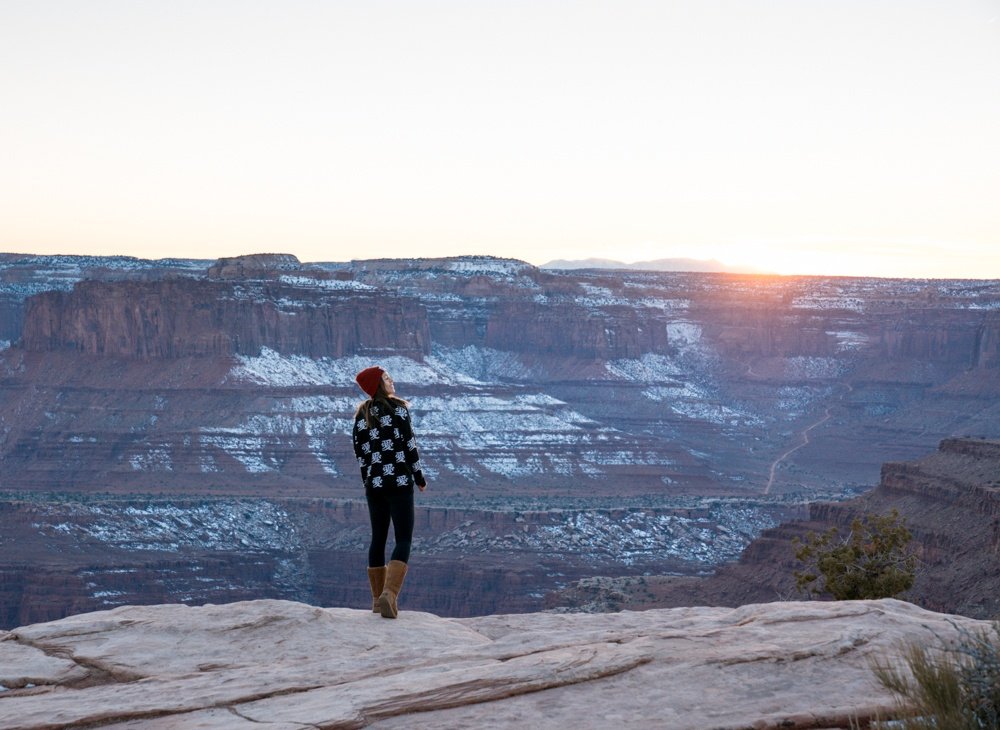 Solo Female Travel
Solo Female Travel
